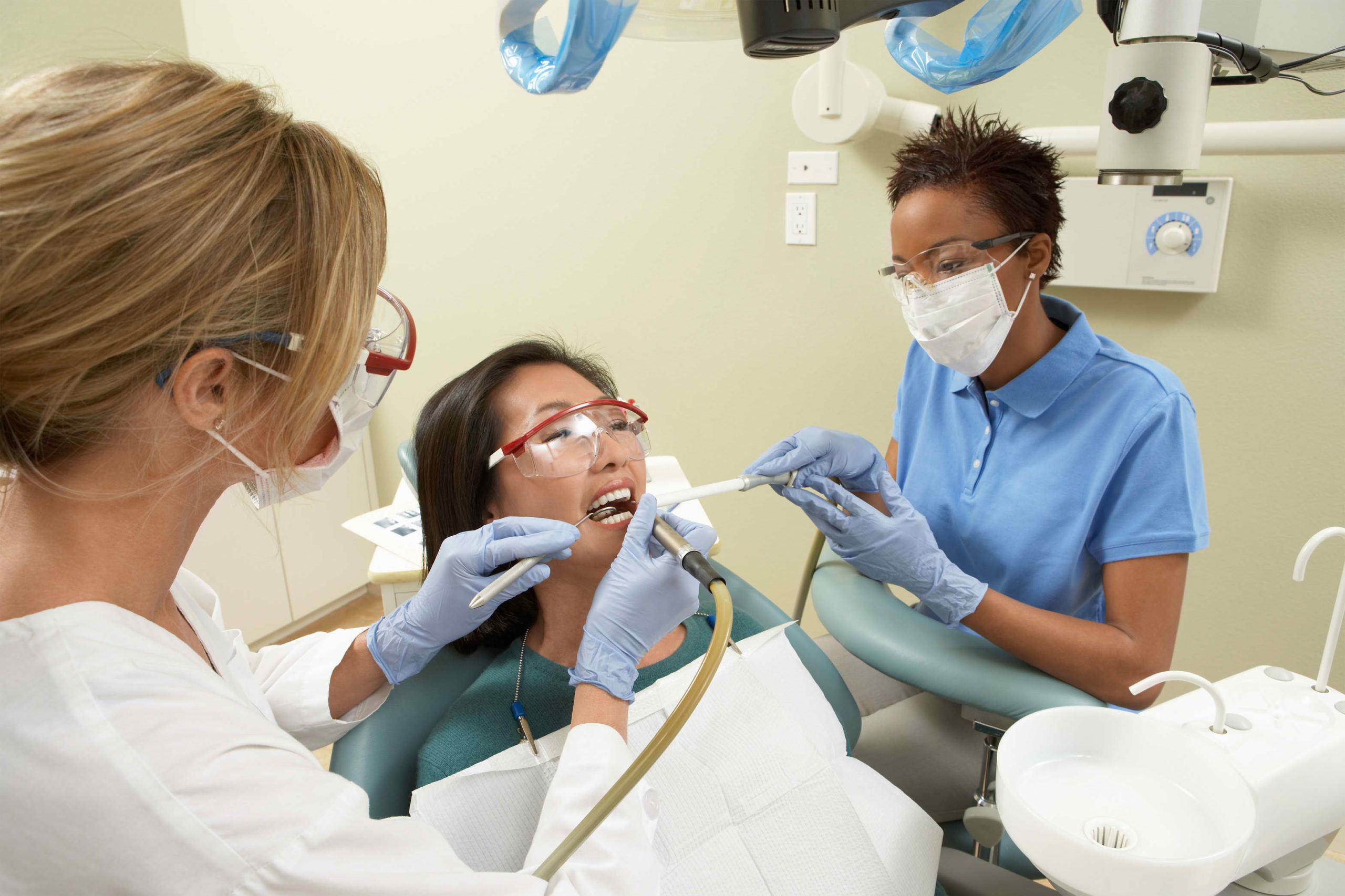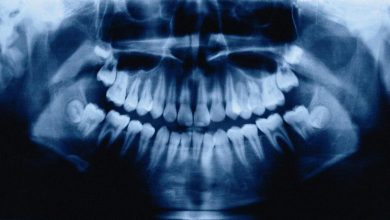What Happens When You Have Tooth Decay: The Painful Consequences

Tooth decay occurs when bacteria in the mouth produce acids that attack the enamel, leading to the formation of cavities. If left untreated, tooth decay can result in pain, infection, and even tooth loss.
Cavities can grow larger and affect deeper layers of the teeth, causing severe toothaches and infections. Additionally, tooth decay can have implications beyond just the teeth, as it can lead to infections spreading to other parts of the body. Plaque buildup and sugar consumption are common causes of tooth decay.
However, tooth enamel has the ability to repair itself to some extent with the help of minerals from saliva and fluoride. Without intervention, a cavity may require dental treatment within a range of six months to several years.
The Process Of Tooth Decay
Tooth decay is a common dental issue that occurs when bacteria in your mouth produce acids that attack the enamel of your teeth. This acid attack can lead to the formation of small holes, known as cavities, on the tooth’s surface. If left untreated, tooth decay can cause pain, infection, and even tooth loss. Cavities can also grow larger and affect deeper layers of the teeth, resulting in severe toothaches and infections. In addition to the damage it causes to the teeth, tooth decay can also have negative effects on the overall health of the body. It can lead to infections that can spread to other parts of the body and increase the risk of various health issues.
Pain And Discomfort
Tooth decay occurs when bacteria in the mouth produce acids that attack the tooth’s surface, leading to cavities. If left untreated, tooth decay can cause pain, infection, and even tooth loss. It is important to address tooth decay promptly to prevent further complications.
[if !mso]>Complications And Consequences
Tooth decay can lead to infections that spread to other parts of the body. When bacteria in your mouth make acids that attack the tooth’s surface (enamel), it can cause a small hole in the tooth, called a cavity. If left untreated, the cavity can progress and grow larger. As the bacteria continue to spread, it can cause pain, infection, and even tooth loss. It is important to address tooth decay early on to prevent these complications.
Untreated tooth decay can also increase the risk of gum disease. As the bacteria from the decay spreads to the gum tissue, it can cause inflammation and infection. This can lead to gum disease, which affects the health of the gums and supporting structures of the teeth. Gum disease can result in symptoms such as bleeding gums, bad breath, and even tooth loss.
If tooth decay is not treated, it can progress to the point of tooth loss. Tooth loss can have a significant impact on overall oral health. It can affect the ability to chew and speak properly and can also lead to shifting of the remaining teeth, bite problems, and bone loss in the jaw. Replacing missing teeth can be costly and may require dental procedures such as dental implants or dentures.
Tooth decay can also have negative effects on physical appearance and self-confidence. As teeth become decayed or lost, it can affect the smile and facial aesthetics. This can result in reduced self-esteem and a lack of confidence in social situations. Addressing tooth decay early on can help maintain a healthy and attractive smile.

Credit: www.keep28.com
Frequently Asked Questions On What Happens When You Have Tooth Decay
What Happens If Tooth Decay Is Left Untreated?
Left untreated, tooth decay can lead to pain, infection, and tooth loss. Bacteria in the mouth produce acids that attack the tooth’s surface, causing small holes called cavities. If cavities are not treated, they can grow larger and affect deeper layers of the teeth, resulting in severe toothaches and potential infections.
Untreated tooth decay can also spread infections to other parts of the body, posing further risks to overall health.
How Do You Fix Tooth Decay?
To fix tooth decay, a dentist will remove the decayed part of the tooth and fill the cavity with a dental filling. In more severe cases, a dental crown or root canal may be needed. Good oral hygiene, such as brushing and flossing regularly, can help prevent tooth decay.
Can A Tooth Recover From Decay?
Enamel can repair itself with minerals from saliva and fluoride from toothpaste. However, if decay continues, more minerals are lost, leading to a cavity that requires a dentist to repair it with a filling. The timeline for treatment varies, as some people have softer enamel than others.
How Long Can You Go With Tooth Decay?
Tooth decay can lead to a cavity, causing pain, infection, and even tooth loss if left untreated. The timeline for treatment can vary from six months to four or five years, depending on the individual’s tooth enamel and oral health conditions.
Regular dental check-ups are important to prevent further damage.
Conclusion
Tooth decay can have serious consequences if left untreated. The initial stages of decay can lead to a small hole called a cavity, but if not addressed, it can progress to more severe issues. Untreated tooth decay can cause pain, infection, and even tooth loss.
In addition, it can lead to infections that can spread to other parts of the body. It’s important to address tooth decay promptly to prevent further damage and maintain good oral health.





